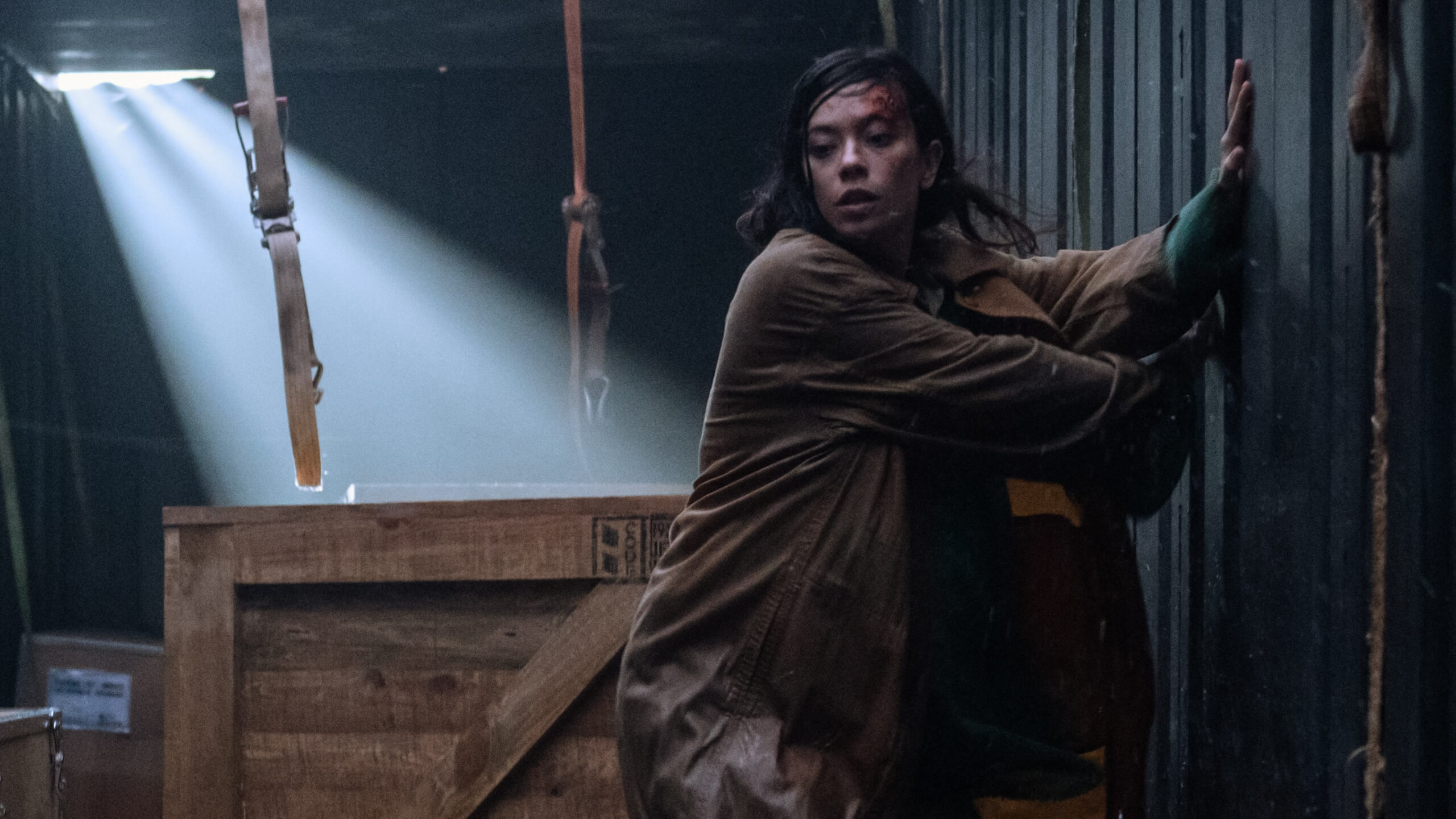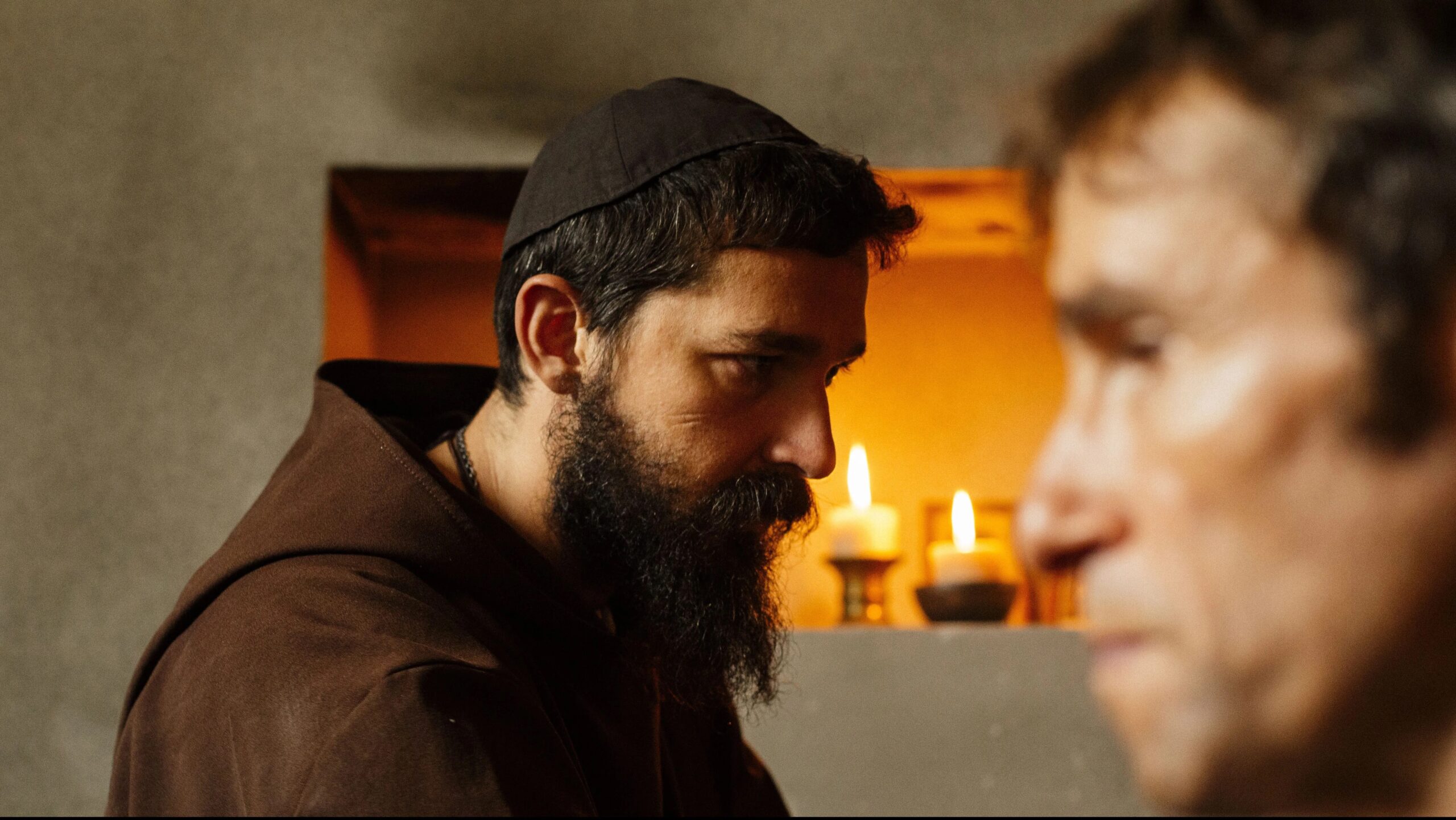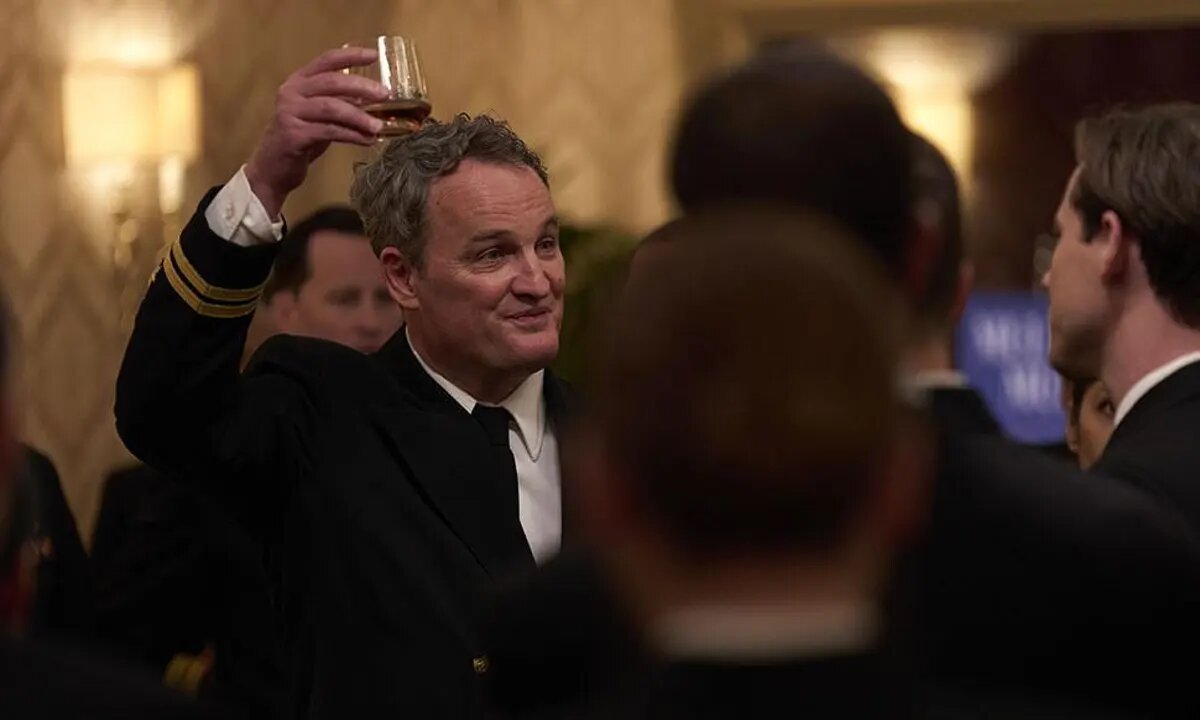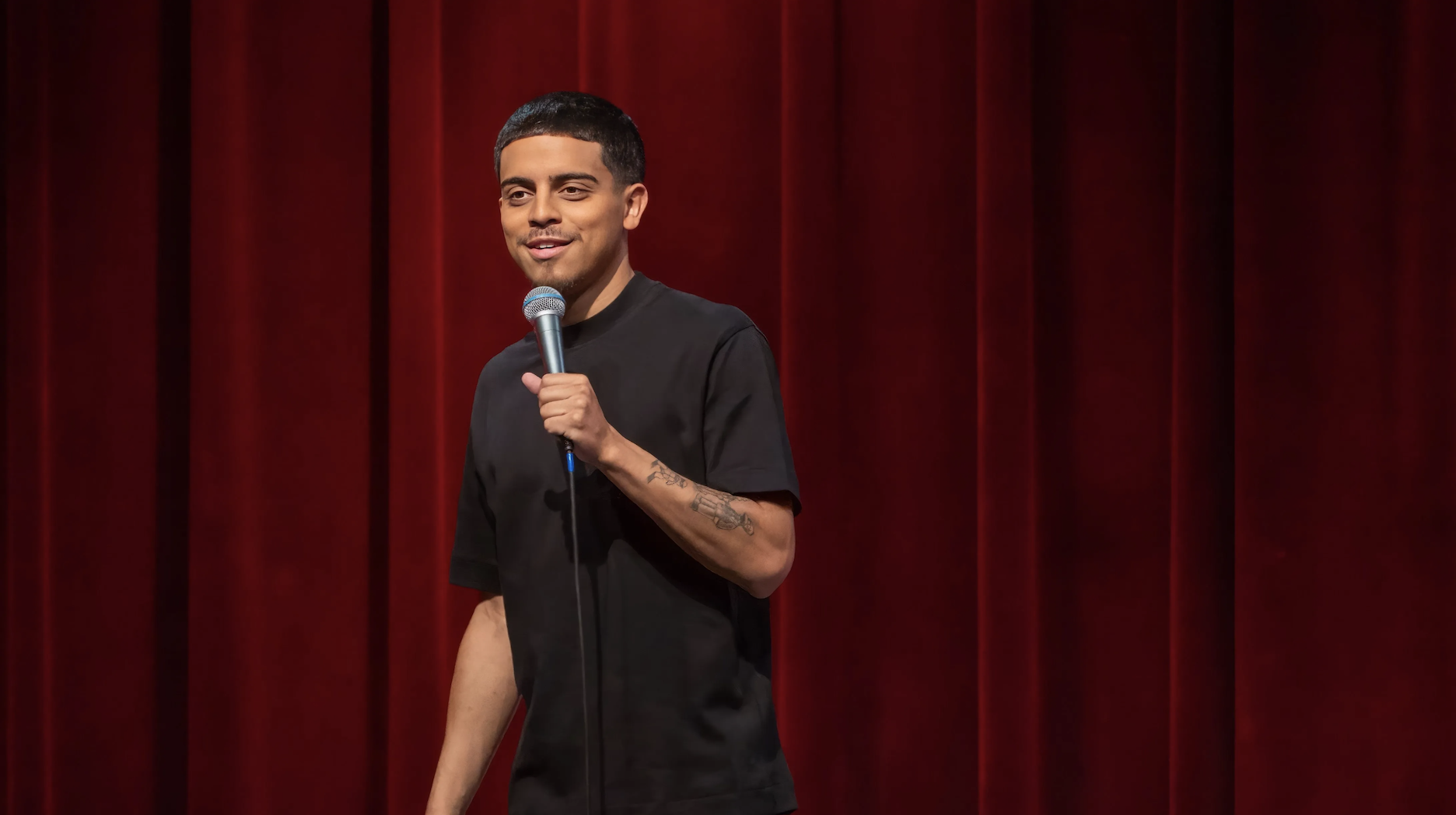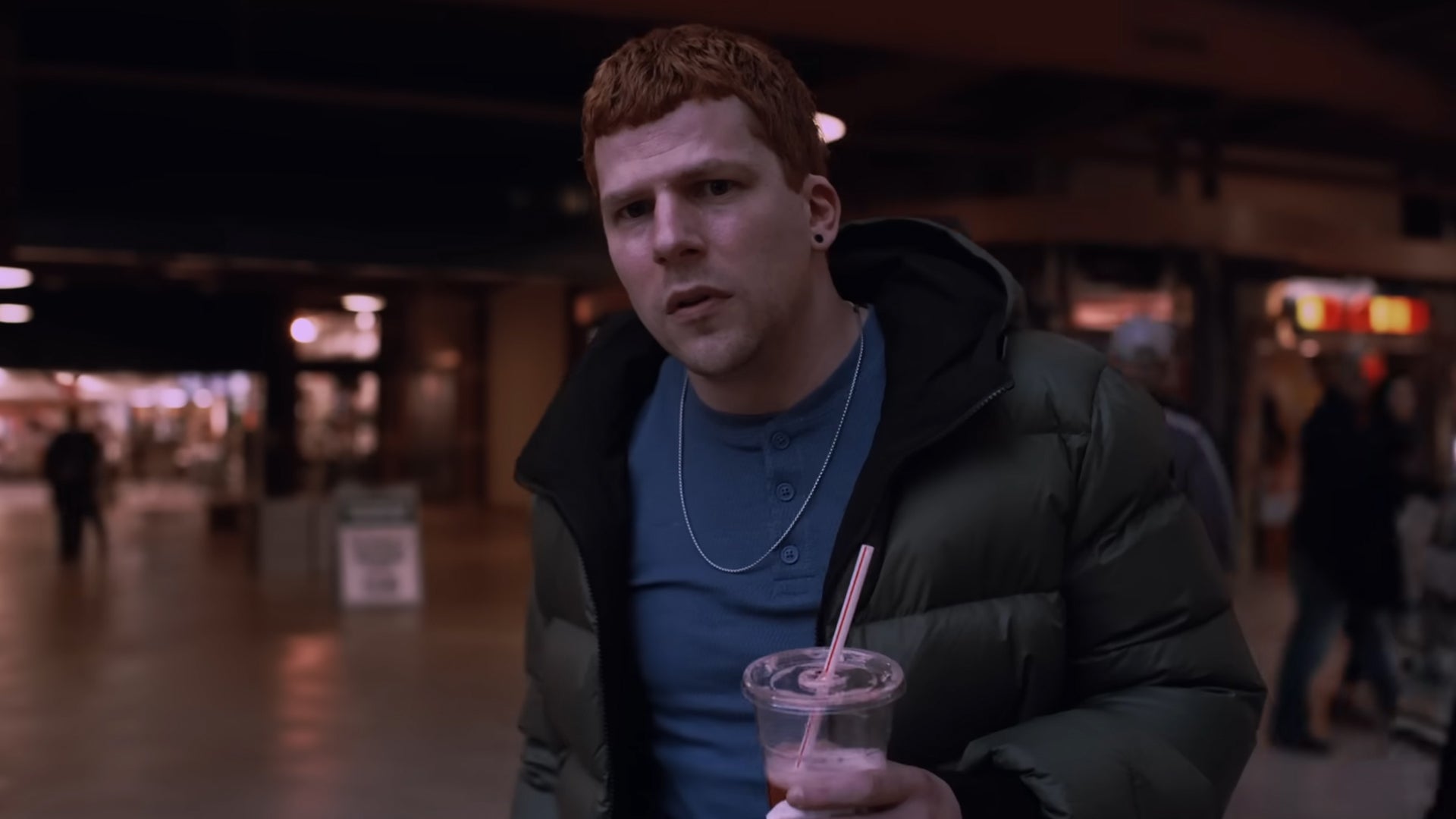
100 Best Movies of 2023 (Regularly Updated)
April 8, 2025
Share:
Even if we put aside comic books and Barbie dolls, 2023 is shaping up to be a surprisingly fun year for movies. Who would have thought, for instance, that telling stories about once-novel now-defunct items like BlackBerry phones and pinball machines would make for a genuinely enjoyable watch? There are plenty of films like these, seemingly silly but unexpectedly good, that we’ve come to like this year, but along with these discoveries, we’re also excited to share our usual favorites: solid indies like Somewhere in Queens, game-changing dramas like A Thousand and One, genre revelations like Rye Lane. Whatever your inclination, we’re sure you’ll find much to like in our list of the best movies 2023 has to offer.
If you’re looking for fresher fare, you can also take a look at our regularly updated list of favorites this 2024.
Read also:
61. Nowhere (2023)
Genres
Director
Actors
Moods
While not its only cause, the increase of conflict and civil wars has spurred a global refugee crisis. Millions of refugees have been displaced from their homes, taking dangerous journeys to a hopefully safer place. Nowhere, now on Netflix, showcases one possible journey. Escaping a future totalitarian Spain, the film is centered on leading lady Anna Castillo, whose excellent performance pulls most of the tears here. With her character Mia’s ingenuity, she maximizes her shipping container’s resources and takes steps to ensure her survival. While some of the backstory can feel thin, after all, for most of the runtime Mia has only herself to talk to, this new one-location survival film is a thrilling addition to the genre. It’s a chilling reminder of what could be happening to the millions of refugees seeking safe haven around the globe.
62. Padre Pio (2023)
Genres
Director
Actors
Moods
Abel Ferrara’s protagonists have always searched for higher meaning in a flawed, messed-up world of pain and violence. If 1992’s Bad Lieutenant took Harvey Keitel to church for one of American indie cinema’s most spectacular endings, Padre Pio doesn’t offer such solace. Ferrara (who’s been living and working in Rome for years now) teamed up with Italian screenwriter Maurizio Braucci to direct a period piece that brings together the real life of a Catholic Church saint (the titular Padre Pio) and the rise of socialism after WWI. What seems like a straightforward historical approach turns first gruesome and then profound to capture the contradictions at the heart of Italy as a nation. A character study that breaks free of its biographical chains, Padre Pio shows that Ferrara has still got it, 50 films in.
63. Ballerina (2023)
Genres
Director
Actors
Moods
Stoic, unflinching, and almost near silent, Ballerina takes a fitting approach to enact its protagonist’s revenge. Within its lean 90 minute runtime, ex-bodyguard Ok-ju single-mindedly searches for answers, through following the lead from her friend’s suicide note. The film shares nothing personal, no doubts, worries, or fears from Ok-ju – except for her affection for best friend Min-hee. Instead of capitalizing on Ok-ju’s tears, or on the violence inflicted on Min-hee, writer-director Lee Chung-hyun relies on action, on stunning cinematography, and on Jeon Jong-seo’s performance to create a spectacle that doesn’t hold back from the gruesomeness, but somehow still incredibly restrained. Jeon Jong-seo delivers Ok-ju’s bloody revenge, a fitting retribution to all perpetrators of sexual violence.
64. Kokomo City (2023)
Genres
Director
Actors
Moods
The idea of representation in movies is often limited to superficial gestures of putting on screen people who look a certain way. Kokomo City is a reminder of cinema’s possibilities when one really tries to queer filmmaking itself, with genuine queer voices driving a production. This documentary is messy and incredibly playful in its style—in ways that might read to some as lacking cohesiveness, or as tonally inconsistent. But the way director D. Smith is able to capture the dynamic energy of a series of conversations makes these powerful, funny, tragic anecdotes and dialogues feel truly grounded in people’s everyday experiences, and makes the plea for protection of trans lives all the more urgent.
Throughout Kokomo City, this collection of individuals goes off on various tangents that never become difficult to follow. They speak about the nature of sex work, hidden desires felt by traditionally masculine male clients, and various degrees of acceptance within the Black community. And between these statements alternating from impassioned to emotional to humorously candid, Smith injects cheeky cutaway footage, layers text on screen, and plays an eclectic rotation of music throughout. It’s about as real and as three-dimensional as these trans lives have ever been shown on screen.
65. The Caine Mutiny Court-Martial (2023)
Genres
Director
Actors
Moods
The late, great William Friedkin’s final film is staged with all the military precision of its naval court setting. We never leave the courtroom from the moment we’re plunged into it — the first minute — meaning the contentious action around which the film revolves happens only in our imagination, spurred on by the competing accounts of Lieutenant Maryk (Jake Lacy) and Commander Queeg (Kiefer Sutherland). Maryk is accused of mutiny, but, as he tells it, he only seized command from Queeg during a typhoon because he feared that the Commander was experiencing an episode of mental instability that would endanger the lives of everyone onboard.
The lack of flashbacks to this crucial moment places the burden of bearing out the truth on the cast, which includes Jason Clarke as Maryk’s lawyer, Monica Raymund as Queeg’s counsel, and Lance Reddick — the naturally authoritative late actor to whom the film is dedicated — as the judge. The film’s lack of visual pizzazz is to its advantage, then, because it allows this excellent cast (and Friedkin’s searing script) to flex under the full, burning gaze of the spotlight. Clarke, in particular, emerges as the standout as the reluctant navy lawyer — a man caught between the impulse to expose one truth and conceal another.
66. Ralph Barbosa: Cowabunga (2023)
Genres
Director
Actors
Moods
Being an awkward comic is a very difficult trick to pull off; even self-deprecating humor and long, quiet beats in between jokes can’t just be used over and over. But while Ralph Barbosa’s incredibly chilled-out personality might not be for people who like their comedians loud and animated, his matter-of-fact punchlines and willingness to make himself sound like a bit of a wimp work like a charm. Cowabunga doesn’t touch on any hot-button topics, but it doesn’t have to. Throughout this hour-long special, Barbosa gives us a strong, frequently very funny view from the point of view of a guy who doesn’t want any trouble, but feels no pressure just being himself—a relatable dude if ever there was one.
Read also:
67. Manodrome (2023)
Genres
Director
Actors
Moods
South African director John Trengove follows-up his debut The Wound with another take on masculinity, this time set in the States. Manodrome stars Jesse Eisenberg and Adrien Brody as a newbie and a veteran in a support group for men who have been emasculated by women and feminism. That’s right, this is a film about incel culture, but one you haven’t seen before. In tandem with Taxi Driver, Fight Club, or Joker, Manodrome represents a new era for the incel movie, as it confronts all the terror and aggression feeding into the community head on. Ralphie (Eisenberg) insists that his girlfriend Sal (Odessa Young) keeps their unplanned baby and deep down the rabbit hole he goes. Mental health struggles that have no outlet, worries, disappointment, alienation: all these facets of Ralphie’s character come to the fore and bring him to the Manodrome clan, where Dad Dan (Brody) promises two miracles—absolution and acceptance—in exchange for celibacy. Trengove’s sophomore feature is a blood-curdling psychological thriller that is not afraid to go to extremes (content warning!) to show that incels are not, in fact, a dorky online minority of youngsters, but a real wound in the body of our patriarchal world.
68. David Holmes: The Boy Who Lived (2023)
Genres
Director
Actors
Moods
The Harry Potter movies undoubtedly changed the lives of its young stars forever — but a stuntman whose future the films had more tragic consequences for is the deserved focus of this moving documentary. David Holmes was just 17 when he was hired as Daniel Radcliffe’s stunt double, a role he held throughout the series. The two formed a close brotherly bond on set, growing up alongside one another for 10 years until a terrible accident during the final movie’s filming left him paralyzed from the chest down, a condition that has deteriorated over the years following post-surgery complications.
This doc is an inspiring portrait of David, from his fearless childhood and dream-fulfilling work to the incredible resilience he’s shown since the accident. It’s also, though, a poignant testament to the loving, supportive community that Holmes inspired at work — friendships that only reached greater depths following the accident and the end of the movies. The doc’s focus empathetically expands from Holmes’ story to include its impact on his bond with Radcliffe (who features prominently here) and Holmes’ fellow stunt doubles — and, while the sheer force of Holmes’ personality would make for a compelling documentary on its own, it’s the tenderness and honesty that all of these participants show that makes this so poignant.
69. Doi Boy (2023)
Genres
Director
Actors
Moods
After years of documentaries covering Thailand’s controversial issues, some of which have been temporarily banned by the Ministry of Culture, Nontawat Numbenchapol takes a step into feature film in Doi Boy. The plot covers plenty of the topics he’s previously depicted– immigration, prostitution, and corruption– but it unfolds naturally into a slow-paced, but moving drama where an undocumented sex worker tries to find home. Awat Ratanapintha as Sorn excellently leads this journey, but Arak Amornsupasiri as reluctant cop Ji, and Bhumibhat Thavornsiri as passionate activist Wuth also make their mark. While the film doesn’t delve into the intricate intersectionality, it feels like that’s part of the point. The notion of a nation doesn’t care about people’s dreams, even if that dream is for the nation to be better.
70. The Mission (2023)
Genres
Director
Actors
Moods
In this documentary about John Allen Chau — the American Christian missionary reportedly killed when he tried to preach the Gospel to one of the last uncontacted groups in the world — a participant muses about the “fine line between faith and madness.” The hazy border where one ends and the other begins is the focus of this doc, and it makes for a fascinating challenge of audience’s open-mindedness.
The film presents Chau’s perspective through scattered interviews with friends and readings of the diary he left behind, but it also features interviews with surviving, persistent adherents of the same radical evangelicalism that inspired Chau to preach the Gospel to the North Sentinelese people (something he believed was a prerequisite for the Second Coming of Jesus). The filmmakers treat these highly controversial perspectives with a light touch, never explicitly challenging Chau’s peers, but strong balance is provided via the voices of vehement opponents of this ideology. Providing equal weighting to both sides is an unusually hands-off approach, one that might easily be misread as tacit approval from the filmmakers. Ultimately, though, anyone watching this with an open mind will still come to the same moral conclusion — you’ll just be better informed about it.
Comments
Add a comment
Ready to cut the cord?
Here are the 12 cheapest Live TV streaming services for cord-cutting.
More lists
Lists on how to save money by cutting the cord.
Curated by humans, not algorithms.
© 2025 A Good Movie to Watch. Altona Studio, LLC, all rights reserved.
